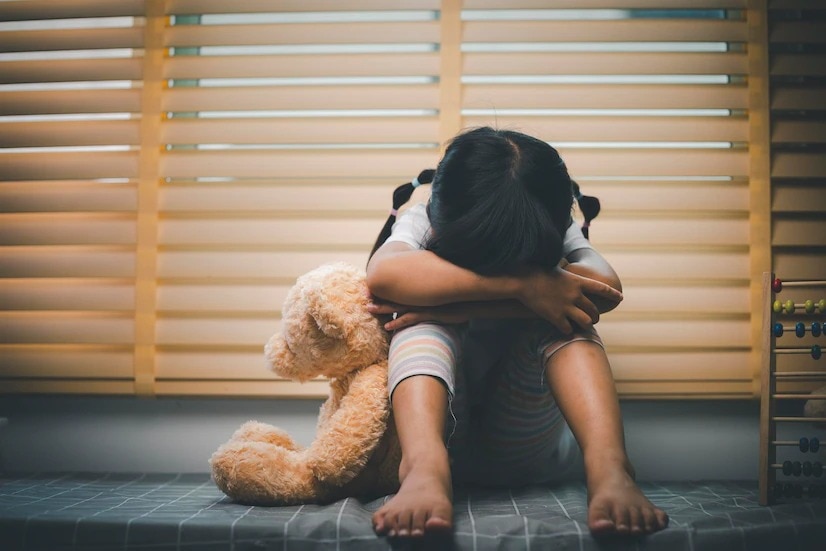When you experience trauma as a child, it can affect the way you think and make decisions as you get older. These unresolved traumas can lead to fears and insecurities that impact the choices you make as adult.

Childhood trauma is a deeply distressing and often overwhelming experience that occurs during one’s early years. It encompasses various forms of abuse, neglect, and adverse events that can have long-lasting impacts on a person’s physical, mental, and emotional well-being. While commonly associated with extreme situations like physical violence or sexual abuse, trauma can also stem from more subtle but equally damaging experiences such as parental neglect or witnessing domestic conflict.
What sets childhood trauma apart from other types of stress is its timing during crucial periods of brain development. The developing child’s brain is highly susceptible to changes based on their environment and interactions. Traumatic events disrupt this delicate process by flooding the system with stress hormones and altering the brain’s structure and function. These changes can result in a range of consequences, including difficulties with emotion regulation, inability to make informed decisions, impaired cognitive functioning, heightened sensitivity to stressors in adulthood, and an increased risk for mental health disorders such as depression and anxiety. Children experiencing childhood trauma would be often indecisive regarding decisions during adulthood.
How Unresolved Childhood Trauma Shapes Adult Decision Making?
- When someone goes through traumatic events during their early years, it can leave lasting emotional scars that continue to impact their thought patterns and behaviours as they get older. These unhealed wounds often show up as hidden fears and insecurities that affect the decisions they make.
- Childhood trauma, such as abuse or neglect, can lead to low self-esteem and feelings of worthlessness. This can result in individuals avoiding taking risks or pursuing opportunities because they may not believe they deserve success or happiness.
- Trauma survivors often have a heightened sensitivity to stressors in adulthood. Everyday challenges may feel more overwhelming, which can affect decision-making, as individuals may be prone to stress-related responses.
- Childhood trauma can influence how individuals form and maintain relationships. Trust issues, attachment difficulties and difficulty with intimacy can affect decisions related to personal relationships, both in friendships and romantic partnerships.
According to Dr Sonal Anand, Psychiatrist, Wockhardt Hospitals Mira Road, “Understanding how unresolved childhood trauma impacts decision-making is crucial for personal growth and development. By recognizing the underlying factors at play, individuals can begin to address these wounds through therapy and other healing modalities. Healing from past traumas allows space for healthier thought patterns and better-informed decisions based on personal values rather than unconscious fears from the past. It is essential that one seeks help through counselling and ensures he/she has overcome the trauma.”
